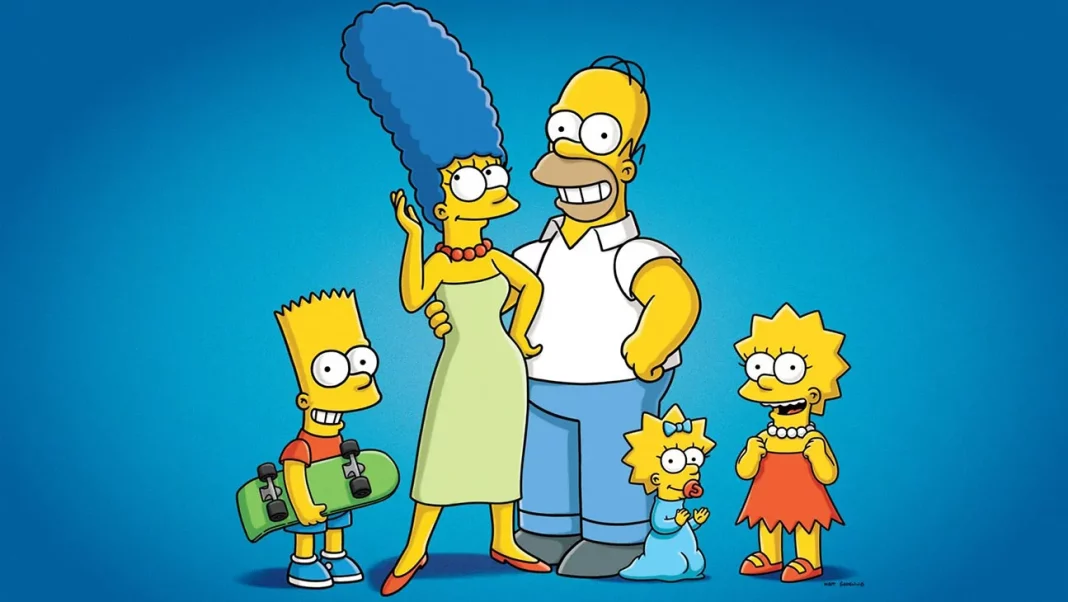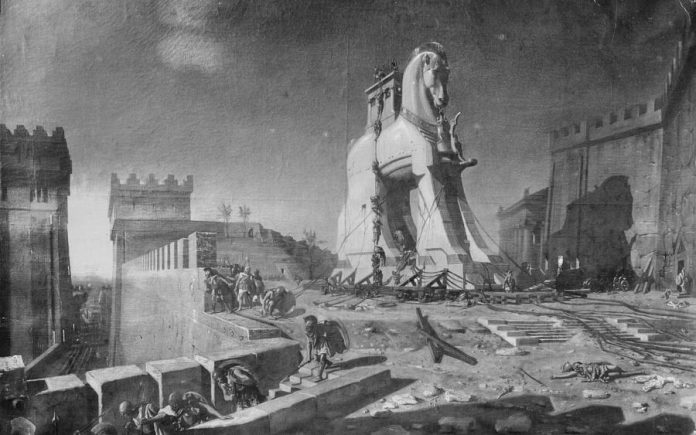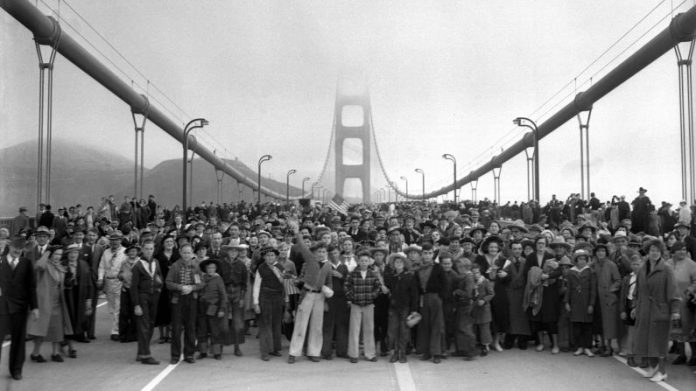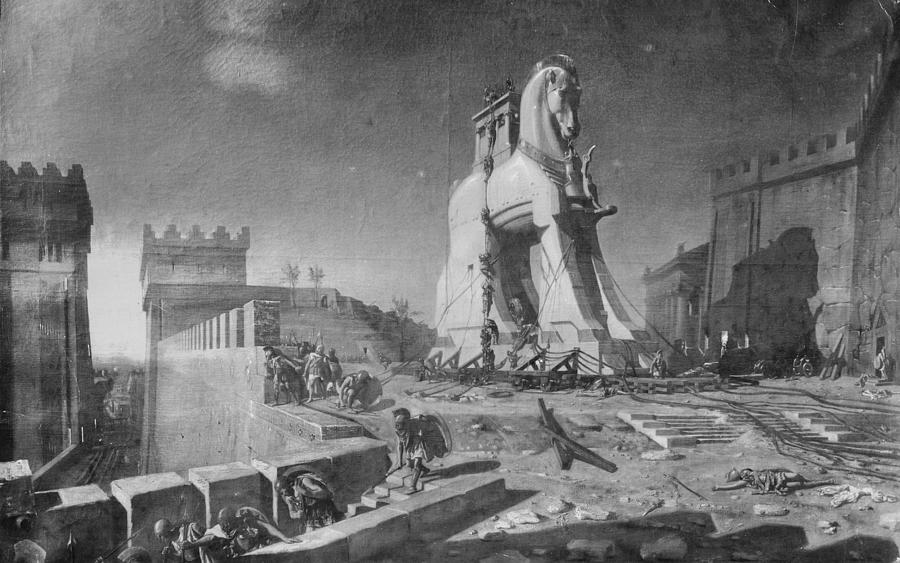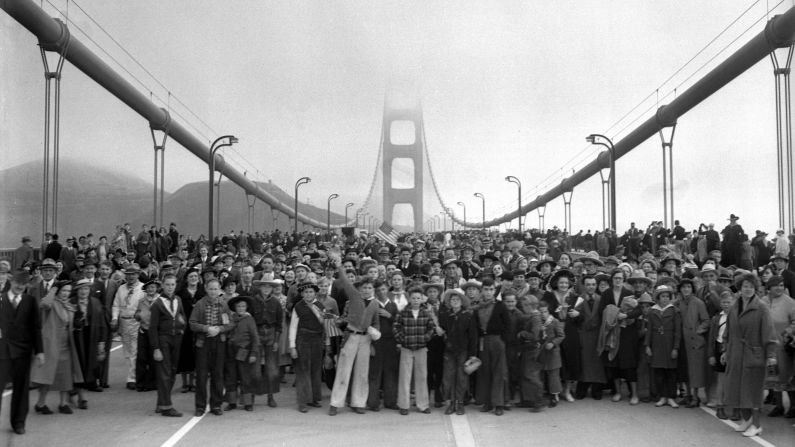For over three decades, The Simpsons has been a pop culture juggernaut, lampooning society with its sharp wit. But beyond the laughs, the show has become infamous for its eerie predictions of real-world events. From smartwatches to government surveillance, these “Simpsons Predictions” have sparked endless debate. Are the writers psychic, or is there something more to the story?
This article dives into the fascinating world of The Simpsons Predictions. We’ll explore how the show’s satirical lens and keen eye for social commentary have led to some uncanny parallels with reality. We’ll also examine the theories behind these predictions, from “Simpson’s Razor” suggesting satire bleeding into reality, to the simple idea that a long-running show is bound to get some things right by chance.
So, buckle up and prepare to explore the truth behind The Simpsons Predictions. Is it a crystal ball or a funhouse mirror reflecting our deepest anxieties? Let’s find out.
Satirizing the Present to Predict the Future? The Simpsons’ Writers’ Room
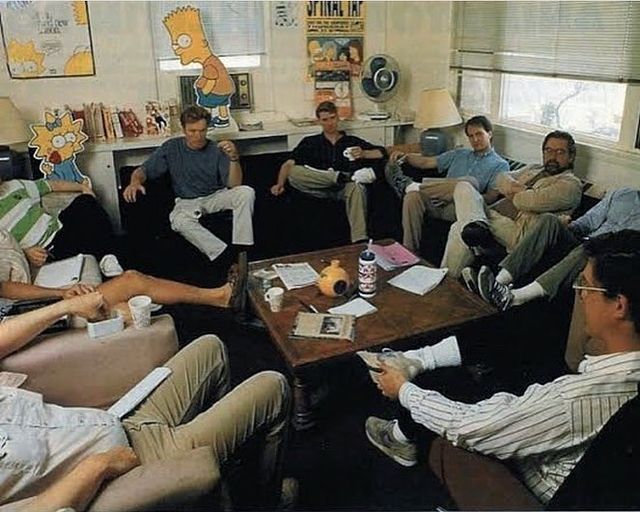
For over three decades, The Simpsons has been a pop culture juggernaut, lampooning American society with its brand of sharp wit and biting satire. The show’s longevity – clocking in at a record-breaking 35 seasons and still going strong – allows it to not only capture the zeitgeist of the moment but also hold a mirror to recurring societal issues. This ability to satirize the present has, somewhat unexpectedly, led to a strange phenomenon: “The Simpsons Predictions.”
Over the years, fans have pointed to numerous instances where the show seems to have eerily predicted real-world events. From the rise of smartwatches to the terrifying prospect of mass government surveillance, The Simpsons Predictions have become a source of both amusement and a touch of unease. But how much foresight do the writers truly possess?
Enter “Simpson’s Razor,” a fan-coined theory that suggests the show’s predictions are less about crystal balls and more about the enduring power of satire. The theory posits that The Simpsons, by cleverly skewering existing trends and anxieties, inadvertently creates a scenario where some of those satirical elements eventually bleed into reality. Think of it as holding up a funhouse mirror to society – the distortions are hilarious, but they often reveal underlying truths.
For instance, an early episode features a translator device worn on the wrist, a concept that seemed like pure science fiction at the time. Fast forward a few decades, and we have smartwatches with built-in translation features. Was this a prophecy, or simply a clever send-up of the burgeoning desire for instant communication tools? The answer likely lies somewhere in between.
The Simpsons Predictions, then, become a fascinating case study in the intersection of satire, societal trends, and a dash of coincidence. While the writers might not be psychic, their keen eye for social commentary and willingness to push boundaries has undoubtedly led to some uncanny parallels with real-world events. So, the next time you hear about a Simpsons prediction, remember – it might be a glimpse into the future, or simply a hilarious reflection of the present, distorted just enough to make us think.
From Fish-Eyed Lens to Reality: Early “Simpsons Predictions” and Coincidences
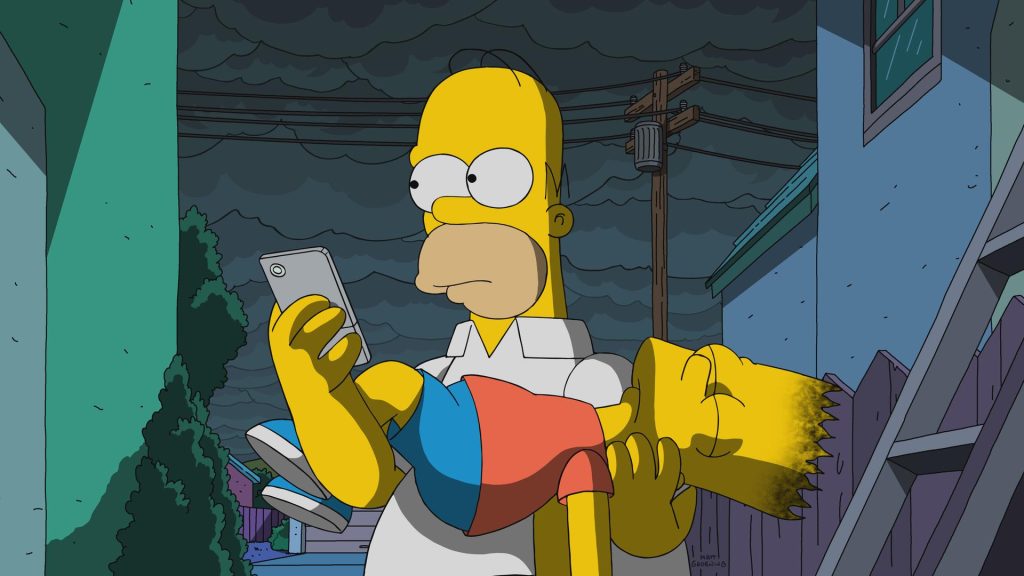
The Simpsons Predictions often blur the line between uncanny foresight and hilarious coincidence. Take, for example, the 1993 episode where Bart uses a handheld translator device to understand a foreign exchange student. While this might seem like a prescient glimpse into the future of mobile technology, it’s important to remember the context. The episode aired at a time when advancements in communication like fax machines and international calls were already capturing the public’s imagination. The Simpsons’ writers, with their knack for satire, simply took this trend to its logical (and comedic) extreme.
This satirical lens is a recurring theme in many of the show’s early “predictions.” Another often-cited example is a 1993 episode featuring a fictional news report about a tiger mauling a trainer at a zoo, eerily mirroring a real-life incident with Siegfried & Roy a decade later. While this coincidence is certainly striking, it’s worth noting that animal attacks at zoos, unfortunately, weren’t uncommon even back then. The Simpsons Predictions here likely tapped into a pre-existing societal fear and used humor to amplify it.
The key to understanding these early “predictions” lies in the show’s comedic DNA. The writers excel at creating broad, exaggerated scenarios that poke fun at contemporary anxieties. Imagine a world where handheld translators are commonplace, or where zookeepers face the constant threat of tiger attacks – these are inherently funny situations, but they also reflect real-world concerns about communication barriers and animal safety. Even if the specific details don’t always match up perfectly with real-life events, the underlying anxieties they satirize often resonate across decades.
Therefore, it’s important to approach The Simpsons Predictions with a healthy dose of skepticism. While some instances might seem eerily prophetic, they’re more likely a testament to the show’s sharp wit and ability to capture the zeitgeist through humor. This doesn’t diminish the entertainment value of these “predictions,” but it does provide a more nuanced understanding of how they come to be. After all, laughter is often the best way to confront our anxieties, even if it comes wrapped in a Simpsons-shaped package.
When Satire Meets Reality: The Eerie Cases of Technology and Politics in The Simpsons Predictions
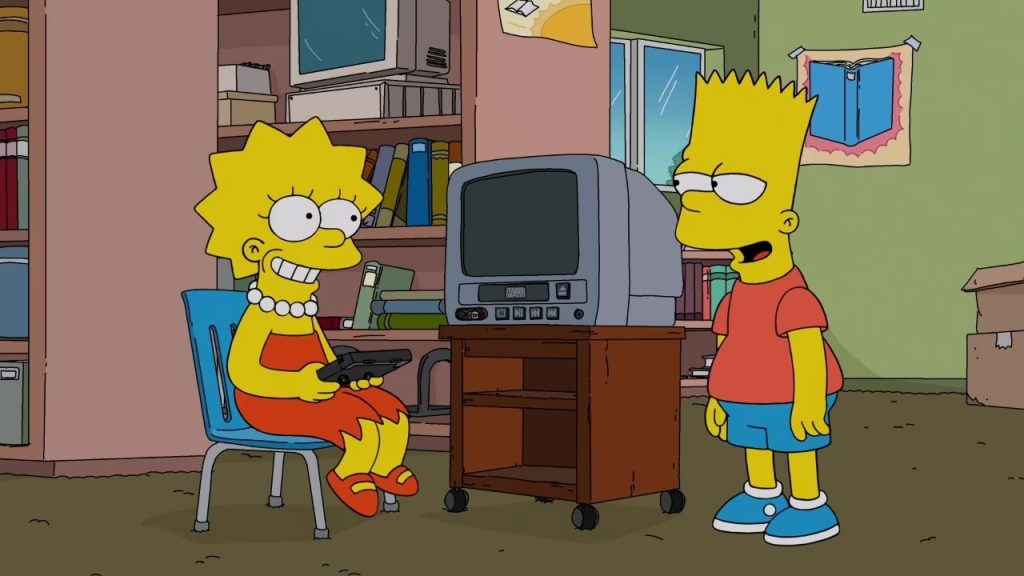
The realm of The Simpsons Predictions transcends mere coincidence when we delve into eerily specific instances that mirror real-world developments. One such example is the 1999 episode featuring a watch communicator worn by Lisa Simpson. Fast forward to the 2010s, and smartwatches boasting communication features became a ubiquitous part of daily life. While the technological specifics might not be identical, the core concept of a wrist-worn device facilitating communication found a surprising echo in reality.
This uncanny resemblance becomes even more intriguing when we consider the show’s occasional inspiration from real-life headlines. Writers have acknowledged drawing upon news articles for episode ideas, suggesting a certain level of awareness of contemporary anxieties. Take, for instance, the 2000 episode where Lisa becomes president after inheriting a budget crisis from her predecessor, Donald Trump. While the episode predates Trump’s political career, it undeniably taps into a pre-existing public sentiment about the businessman’s potential for political leadership.
Perhaps the most unsettling example of The Simpsons Predictions venturing into the realm of social commentary is the 2007 episode depicting a vast government surveillance network collecting data on citizens. This episode aired just a few years before the Edward Snowden revelations exposed the vast scope of the NSA’s data collection programs. While the specifics of the show’s fictional system might differ, the underlying fear of government overreach resonated deeply with a public increasingly concerned about privacy in the digital age.
These “predictions,” however, shouldn’t be misconstrued as crystal ball gazing. The writers excel at identifying and satirizing existing technological advancements and societal anxieties. The rise of the internet, the growing power of corporations, and the ever-blurring line between public and private life were all concerns brewing in the public consciousness well before they manifested in specific Simpsons Predictions. The show’s brilliance lies in its ability to take these anxieties, crank them up to eleven for comedic effect, and inadvertently create a scenario where the humor brushes uncomfortably close to reality.
Therefore, The Simpsons Predictions in these cases function as a fascinating cultural touchstone. They reflect the anxieties and technological zeitgeist of a particular era, filtered through the show’s signature comedic lens. Whether these instances represent true foresight or simply a keen understanding of the human condition, they remain a testament to the show’s enduring relevance and ability to spark conversation, laughter, and perhaps a touch of unease, about the world we live in.
Beyond the Headlines: The Show’s Uncanny Social Commentary in The Simpsons Predictions
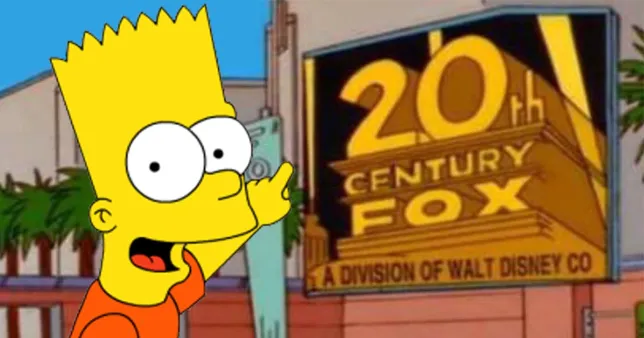
The realm of The Simpsons Predictions extends beyond simply mirroring current events. Some of the show’s most intriguing “predictions” weren’t ripped directly from the headlines, but rather stemmed from its sharp observations about broader societal trends. Take, for example, the 1998 episode where a news report mentions the Walt Disney Company acquiring 20th Century Fox. Fast forward to 2019, and this seemingly outlandish scenario became a reality.
This particular Simpsons prediction wasn’t a case of the writers having inside information about a future merger. Instead, it likely stemmed from a keen understanding of the media landscape at the time. The trend of media consolidation, with large corporations acquiring smaller ones, was already well underway. The Simpsons’ writers simply took this trend and extrapolated it to its logical (and comedic) conclusion.
“The Simpsons has always been very good at capturing the zeitgeist,” says media analyst Bill Hanrahan. “They understood that the media landscape was changing, with fewer and fewer players controlling a larger share of the content.” This prescient observation wasn’t limited to media consolidation.
The show also offered a glimpse into the future of physical media with a 1993 episode featuring a Krusty the Clown doll factory desperately trying to sell outdated videotapes. While the episode might seem like a jab at outdated technology, it foreshadowed the decline of physical media formats like VHS and DVDs in the face of streaming services.
“The rise of streaming was inevitable,” says media historian Sarah Hernandez. “The Simpsons Predictions here weren’t about technological advancements, but rather about consumer behavior. They recognized our growing preference for convenience and accessibility, which streaming services perfectly cater to.”
These “predictions” serve as a testament to the show’s ability to analyze and satirize broader societal trends. By focusing on consumerism, media consolidation, and the ever-evolving relationship between technology and entertainment, The Simpsons Predictions managed to create scenarios that, while humorous, resonated with the changing landscape of the real world. Whether intentional or not, the show inadvertently became a social commentator, prompting viewers to reflect on the ever-shifting sands of popular culture and technology.
Crystal Ball or Funhouse Mirror? The Legacy of The Simpsons’ “Predictions”
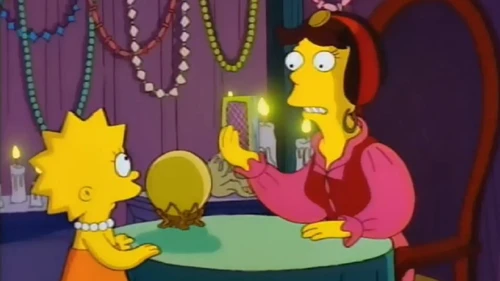
The Simpsons Predictions have become a pop culture phenomenon, sparking endless debate about the show’s supposed ability to see into the future. Do the writers possess some uncanny foresight, or are these “predictions” simply a case of clever satire and a dash of coincidence?
Critics argue that many Simpsons Predictions are vague or open to interpretation. An episode mentioning a “collapsed dome over Springfield” could be interpreted as foreshadowing anything from environmental disasters to reality TV shows (hello, The Simpsons Movie!). This cherry-picking of specific examples to fit real-world events casts doubt on the show’s true predictive power.
Furthermore, some argue that The Simpsons Predictions simply reflect the show’s long run time. With 35 seasons under its belt, it’s statistically likely that some of the show’s broad comedic scenarios will eventually find parallels in reality. Think of it as throwing enough spaghetti at the wall; eventually, some strands will stick.
However, dismissing The Simpsons Predictions entirely ignores the show’s brilliance as a social commentator. The writers excel at identifying and satirizing broad societal trends. They take our anxieties about technology, consumerism, and the media landscape, and crank them up to eleven for comedic effect. In doing so, they inadvertently create scenarios that, while humorous, hold a mirror to the very real changes happening around us.
Whether these “predictions” are the result of prophetic genius or simply a keen understanding of the human condition, they remain a testament to the show’s enduring success. The Simpsons Predictions serve as a reminder that laughter is often the best way to confront our anxieties, even if it comes wrapped in a cartoon package.
So, the next time you hear about a Simpsons prediction, take it with a grain of salt – but also appreciate the show’s ability to spark conversation and make us think critically about the ever-changing world we live in. After all, even a funhouse mirror, with its distorted reflections, can offer a glimpse of the truth. And in the wild world of The Simpsons, that’s more than enough to keep us entertained for years to come.
Frequently Asked Questions (FAQs)
1. Are The Simpsons Predictions real?
The Simpsons Predictions are a pop culture phenomenon with some uncanny parallels to real-world events. However, it’s important to consider the role of satire, coincidence, and the show’s long run time. The writers excel at capturing societal anxieties and technological trends, which can lead to scenarios that feel eerily prophetic.
2. How many Simpsons Predictions have come true?
The exact number is debatable, as many predictions are open to interpretation. Some fans point to specific episodes that seem to mirror real events, while critics argue these are coincidences or vague ideas bound to happen by chance over a long-running show.
3. Are The Simpsons writers psychic?
There’s no evidence to suggest the writers are psychic. Their brilliance lies in social commentary and satire. They identify anxieties and trends, exaggerate them for comedic effect, and sometimes these scenarios brush uncomfortably close to reality.
4. What’s the most famous Simpsons Prediction?
There are many contenders, but some of the most well-known include the rise of smartwatches (predicted in a 1993 episode), the Disney-Fox merger (mentioned in a 1998 episode), and government surveillance (depicted in a 2007 episode).
5. Why are The Simpsons Predictions so popular?
The Simpsons Predictions tap into our sense of wonder and a touch of unease. They raise questions about foresight, satire, and the strange loops of pop culture. Even if not entirely prophetic, they spark conversation and make us think critically about the world we live in.
Ever wondered if The Simpsons’ eerily accurate predictions were pure coincidence, or something more? We dove deep into that mystery, uncovering the surprising truth behind the show’s uncanny foresight. Now, prepare to have your mind blown again! Journey with us as we tackle another head-scratcher: the formation of the Chocolate Hills. These mystifying geological wonders stand tall in the Philippines, but how did they get there? Get ready to explore the fascinating theories and scientific explanations behind this natural phenomenon on Mystery Uncover!


